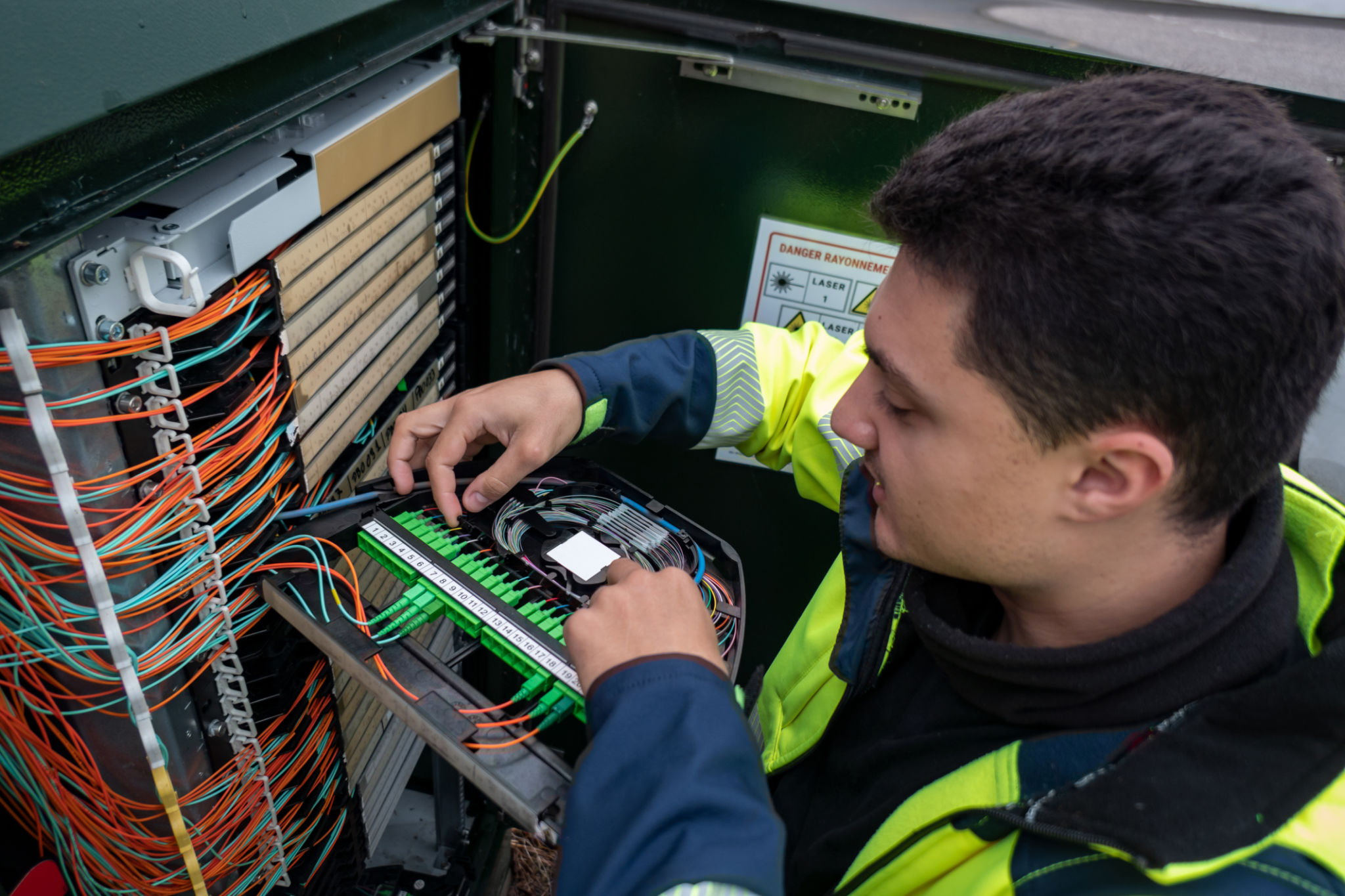The Ultimate Guide to Data Cabling: What Businesses in Georgia Need to Know
Understanding Data Cabling
Data cabling is the backbone of any modern business infrastructure, enabling seamless communication and connectivity. For businesses in Georgia, understanding the intricacies of data cabling is crucial to ensure efficient operations. Whether you're setting up a new office or upgrading existing systems, having a solid grasp on data cabling can significantly impact your business's performance.

Data cables are responsible for transmitting data between computers, servers, and various network devices. They come in various types, each suited for specific purposes. Choosing the right type of cabling can affect the speed and reliability of your network, which is why it's essential to make informed decisions.
Types of Data Cabling
There are several types of data cabling that businesses can consider:
- Twisted Pair Cables: These are the most common cables used in networking and are divided into categories like Cat5e, Cat6, and Cat6a, each offering different levels of performance.
- Coaxial Cables: Often used for internet connections and television signals, these cables provide high bandwidth over longer distances.
- Fiber Optic Cables: Known for their high-speed data transmission capabilities, fiber optic cables are ideal for companies that require robust and fast networks.

The choice of cables depends on factors such as the size of your network, the distance data needs to travel, and budget constraints. Investing in the right cabling infrastructure can result in enhanced network performance and future-proofing your business.
Installation Best Practices
Installing data cabling requires precision and expertise. Proper installation not only ensures optimal performance but also minimizes potential issues down the line. Here are some best practices:
- Plan Ahead: Before installation, assess your current and future needs to determine the right type and amount of cabling required.
- Hire Professionals: Engage experienced technicians who understand local regulations and can ensure compliance with industry standards.
- Label Everything: Properly label all cables to simplify maintenance and troubleshooting processes in the future.

In addition to these practices, it's important to regularly inspect and maintain your cabling infrastructure to prevent downtime and inefficiencies.
The Benefits of Professional Data Cabling
Partnering with a professional data cabling service offers numerous advantages. Not only do they bring expertise to the table, but they also provide tailored solutions based on your specific business needs. This ensures that your network is scalable, secure, and capable of supporting your operations efficiently.
Moreover, professional services often include follow-up support and maintenance, giving you peace of mind knowing that your network will remain up-to-date and functional.
The Future of Data Cabling
As technology continues to evolve, so do the requirements for data cabling. The rise of smart technologies, IoT devices, and increased demand for higher data speeds means that businesses need to stay ahead with their cabling solutions. Fiber optics and advancements in wireless technologies are likely to play a pivotal role in shaping the future of data cabling.
For businesses in Georgia, staying informed about these trends can help in making strategic decisions about upgrading their infrastructure. Investing in modern cabling solutions not only enhances current operations but also prepares businesses for future technological advancements.